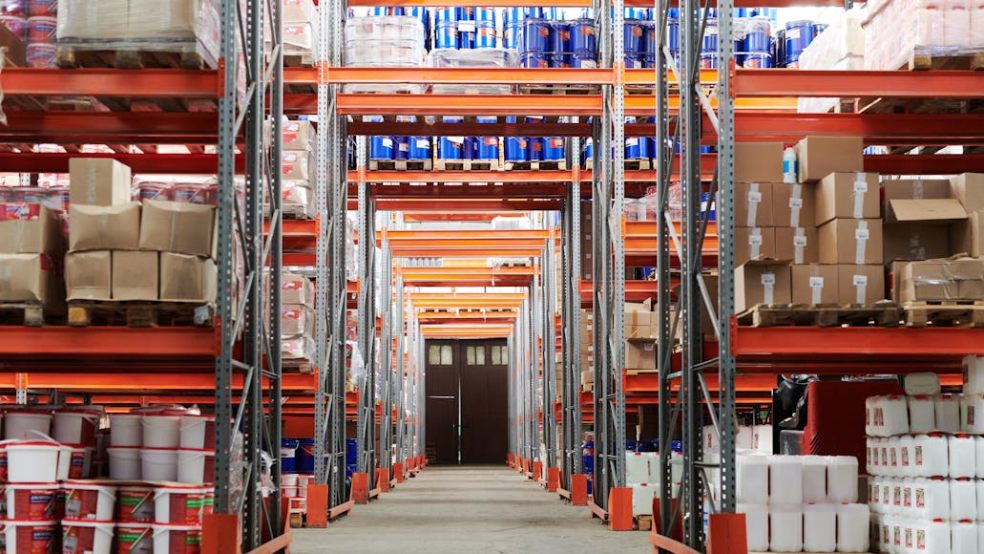
The Role of Warehouses in Supporting the Retail Landscape
Warehouses play a pivotal role in supporting the retail landscape, acting as critical nodes in the supply chain that ensure the smooth flow of goods to consumers. Their strategic importance has been magnified with the rise of e-commerce, where speed, efficiency, and accuracy are paramount. Now, the integration of advanced technology and innovative management practices has transformed warehouses from mere storage spaces into dynamic centers that significantly boost retail efficiency and customer satisfaction. Keep reading to learn more about this.
Central Hubs of Activity
Warehouses serve as the central hubs in the supply chain, where goods are received, stored, and then distributed to various retail outlets or directly to customers. The efficiency of these processes directly impacts the availability of products on shelves and online, which in turn affects consumer satisfaction and retail performance. Working with a company like WSL can ensure that a warehouse runs as efficiently as possible. Efficient warehouse operations can minimise delays, reduce costs, and maintain product quality by ensuring that goods are stored in optimal conditions.
Impact on E-commerce
The surge in e-commerce has put additional pressure on warehouses to perform more complex functions than merely storing goods. Today's consumers expect fast, reliable, and accurate delivery of a wide range of products. To meet these demands, warehouses are evolving into sophisticated fulfillment centers that utilise cutting-edge technology to manage inventory and process orders quickly and accurately. Automation in the form of robots and conveyor belts, for example, speeds up the picking and packing processes, while advanced management systems track inventory levels in real-time, reducing the likelihood of stockouts or excess inventory.
Technological Integration
Technological advancements have significantly enhanced warehouse operations. Systems like Warehouse Management Systems (WMS) and Enterprise Resource Planning (ERP) are integral in optimising the routing and storage of goods, managing stock levels, and forecasting demand. Furthermore, technologies such as RFID tags and IoT sensors provide real-time tracking of goods, which enhances transparency and allows for more accurate delivery predictions, crucial for maintaining consumer trust and satisfaction.
Role in Supply Chain Resilience
Warehouses also contribute to the resilience of the retail supply chain by enabling businesses to adapt to changes in demand and supply conditions quickly. During periods of disruption, such as those caused by economic shifts or global health crises, warehouses can serve as strategic points to store additional inventory or redistribute goods to meet changing consumer patterns. This flexibility helps retailers maintain continuity of service and protect their market share.
Sustainability in Warehouse Operations
Sustainability is becoming increasingly important in warehouse operations. Energy-efficient buildings, waste reduction practices, and sustainable packaging solutions are being implemented to minimise environmental impact. Additionally, more warehouses are being strategically located near major transport hubs to reduce travel distances and lower carbon emissions associated with transportation. These sustainable practices not only help the environment but also improve brand perception among consumers who are increasingly looking for environmentally responsible retailers.
Conclusion
The role of warehouses in supporting the retail landscape is more crucial than ever. They are not just storage facilities but are vital components of the retail supply chain that enhance efficiency, ensure product availability, and improve customer satisfaction. By leveraging technology and embracing sustainable practices, warehouses are setting new standards in supply chain management, driving the retail sector towards more responsive and responsible models of operation. As retail continues to evolve, particularly with the growth of e-commerce, the strategic importance of warehouses in ensuring a smooth, efficient, and sustainable supply chain will only continue to grow.

















